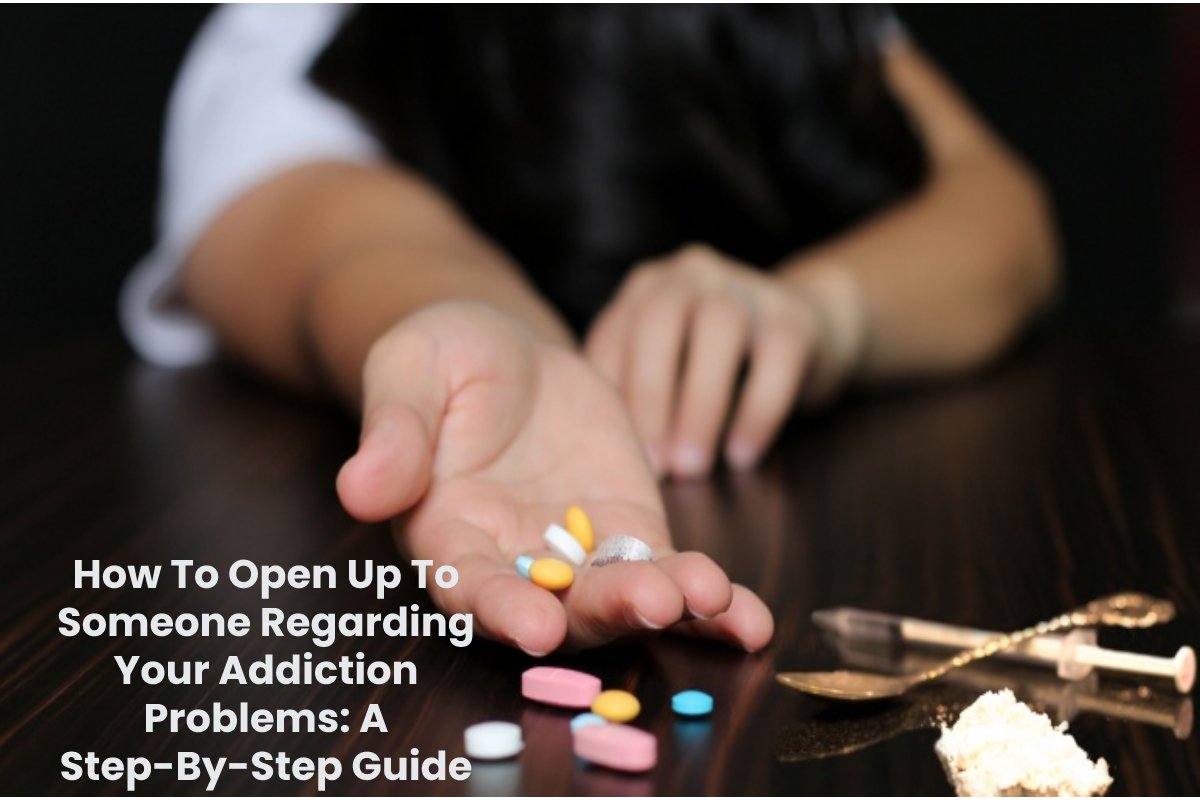
Regarding Your Addiction Problems
No one can deny that addiction is treated with a certain level of judgment in society at large. In the United States we live in a culture that esteems the individual. At least in theory, our society has been structured so that an individual is expected to make their own success in the world.
That means a lot of people view the circumstances of those less fortunate than them as the product of individual choices. Poor? Get a better job. Sick? Make healthier choices. Addicted? You should never have taken drugs. But the flaws in this way of thinking are rather obvious.
For one, an overwhelming majority of people will try an illicit substance recreationally at some point in their lives. If it is so normal to at least try drugs and alcohol, then “Just don’t do them,” is a massive oversimplification of the situation that does nothing to solve the problem.
But as irrational as that line of thinking is, it is so much easier than actually solving the problem that it has become widespread. If an addict wants to talk to anyone about their problem, then they have to worry about contending with that rhetoric. What does someone do in that case?
Today we are going to talk about how to open up to someone about your addiction problem. We know it is not easy. We know that there is a good chance you will get hurt. But the thing is that there are people that do not believe in blaming the addict for the addiction. There are those that know throwing blame around like that is pointless. And there are those who just want to help.
Table of Contents
Step 1: Finding Out Who is Good to Tell
The first step to opening up is opening up to the right person. It is unfortunate that this is necessary, but the dangers are great. Obviously, the person you talk to might not take you seriously. They might dismiss it as your problem, as we mentioned above. But there’s more.
You should never tell your boss or anyone that seems likely to tell your boss. You should never tell your spouse if you think you might get divorced. Basically, anyone who might leverage that information against you should be left in the dark about the addiction.
Who should you tell? Your closest family members that you can trust. Your spouse, if you are in a good relationship, and your friends if you think they are close enough to be considered family.
The thing is that while some people will judge you, there are also those that will represent a material danger to you. The people you should tell are those that will offer you some kind of support—even if that support is just emotional or temporary.
Step Two: Getting Them Caught Up
Once you actually tell your trusted person about your addiction, the question then becomes: How? Well, you don’t want to dump it all on them at once. And chances are that both you and them will feel uncomfortable with you rushing to ask for some sort of assistance.
Start by just telling them, “I have a problem, here is what I am addicted to.” Start with what you are addicted to, and then let them respond. They will probably have questions, like when you got addicted to it. Keep your description of the events constrained to the facts.
Also remember that your feelings are part of those facts. You do not have to say, “I started drinking with friends,” out of a desire to remain neutral. You are allowed to say, “I was pressured into drinking with friends.” They will sometimes, but not always, ask you how you addiction feels.
It can be important to talk about this with someone, and if you do then it might be impossible to keep things concise. Don’t overthink it. Try to stick to the facts, but of all the places, this is where you are most likely and most permitted to “go off the rails” so to speak.
Step Three: Asking for Specific Help
For some people this is the hardest step. For others, the last step was far harder due to being more emotionally charged. Asking for help is never easy, but there are a few things you can do to at least make it more precise and not take is long. The key to this is staying specific.
Have an idea of what you want this person to do for you and how you want them to react to your addiction before you start talking with them. You might be thinking, “Why would I ask them to do something for me? My addiction is my problem.” If you are opposed to getting any sort of material gain from revealing your addiction, then just ask them to accept you.
No matter who you tell about your addiction, just letting them in on that information is opening yourself up to judgment. And you should not do that if you expect to be judged harshly or negatively. You should reveal your addiction with the expectation that you will be accepted.
If you think you will not be accepted, or if you do not feel comfortable asking that of someone, then you need to get ready. That kind of thinking will only isolate you and make your addiction impossible to manage.
If you are comfortable asking for material help, then have something small and specific in mind. You can also just ask for their emotional support, which can mean much more and be a lot more useful than just about any material support a person can give in a lot of cases.
Conclusion
Opening up to someone about your addiction is difficult, even if you know that they will love you afterwards. It means revealing a weakness of yours. But everyone has weaknesses. If you need any help with advice or treatment, then open up to us too: https://epiphanywellness.com/



